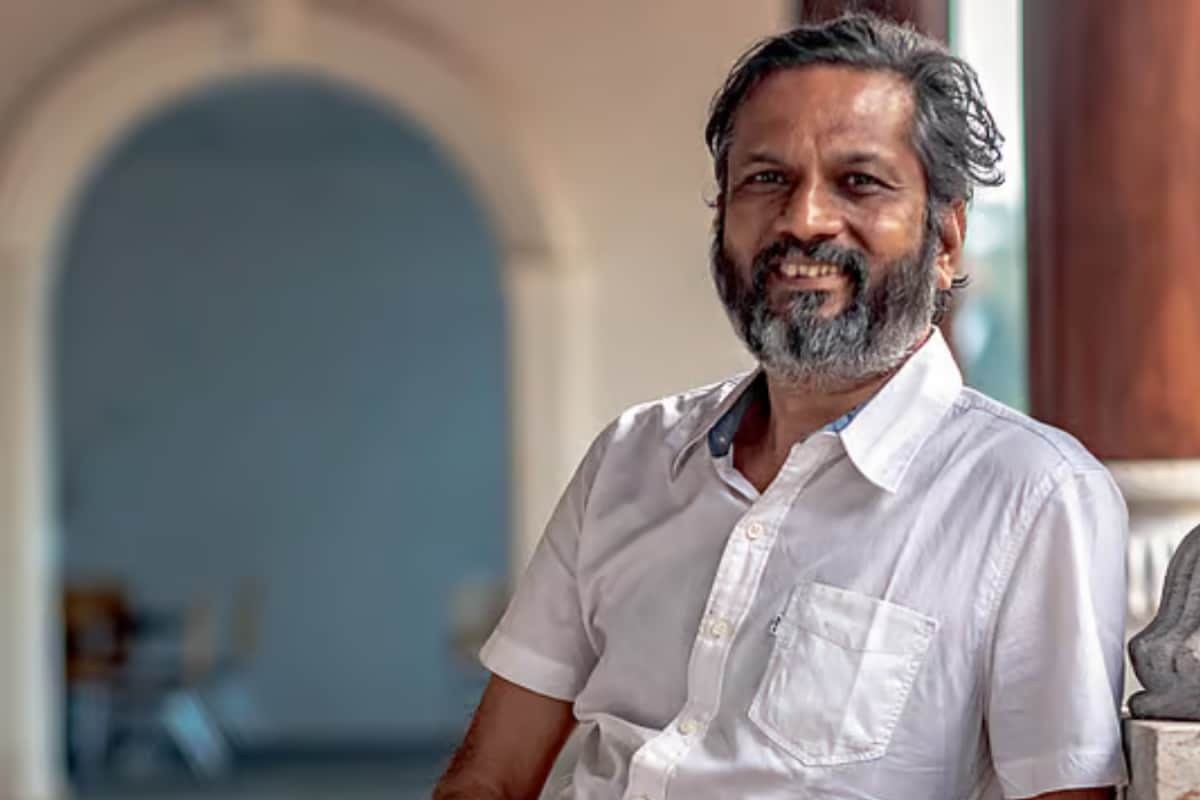

Zoho founder Sridhar Vembu has ignited a crucial discussion about the future of work and the economy in the age of rapidly advancing Artificial Intelligence (AI). While many focus on the potential for job displacement, Vembu argues that the real problem lies in ensuring fair economic distribution in a world where AI handles an increasing amount of work. He posits that the fundamental question isn't whether humans will have jobs, but rather how they will afford to purchase the goods and services produced by increasingly automated systems.
Vembu dismisses the widespread fear that AI will lead to mass unemployment, clarifying that we are "nowhere close to that goal" of full automation. Instead, he suggests that even in a hypothetical future where AI handles tasks like software development, human beings will still have plenty to contribute. The challenge, according to Vembu, is that automation will cause a massive drop in the price of goods and services, which sounds beneficial at first. However, the real worry is access: if machines produce everything, how will people with limited or no income be able to afford what's made?
He envisions two potential paths forward. The first involves a scenario where robot-made goods become so inexpensive that they are essentially free, similar to the air we breathe. In this world, essential services and products would be accessible to everyone, removing cost as a barrier. The second possibility is that human-centric roles, such as caregiving, education, environmental restoration, and skilled trades, gain higher economic value. As AI takes over routine tasks, the demand for uniquely human skills and services could increase, leading to better compensation for these roles. Vembu suggests that people may be willing to pay a premium for services that require a human touch, such as small-scale farmed food, live music performances, or personalized education.
However, Vembu emphasizes that neither of these scenarios will materialize without careful planning and robust regulatory mechanisms. He warns that the gains from automation could be hoarded by a few powerful firms, exacerbating economic inequality if governments fail to act. He particularly stresses the need to crack down on monopolies, especially in the tech sector, to ensure that the cost advantages of AI and automation are passed on to consumers. Without such interventions, prices may fall, but incomes could fall even faster, leaving many unable to afford the goods and services produced by AI.
Vembu frames this challenge as a "political economy problem" rather than a purely technological one. The core issue, he argues, is not about machines replacing humans, but about governments ensuring fair economic distribution. He expresses optimism that at least one nation will eventually "get the political economy right," implementing policies that allow its citizens to benefit broadly from the AI revolution.
His vision includes a revival of traditional jobs within local communities, supported by better wages and the purchasing power afforded by affordable, automated production. This localized approach, he believes, offers a better solution than simply providing a universal basic income (UBI), which he sees as avoiding the underlying distribution problem.
In essence, Sridhar Vembu's perspective shifts the AI conversation from one of technological determinism to one of policy and economic justice. He urges policymakers to focus on creating an economic system where the benefits of AI are shared by all, ensuring that everyone has the means to participate in and contribute to the economy, even as AI takes on more of the workload.